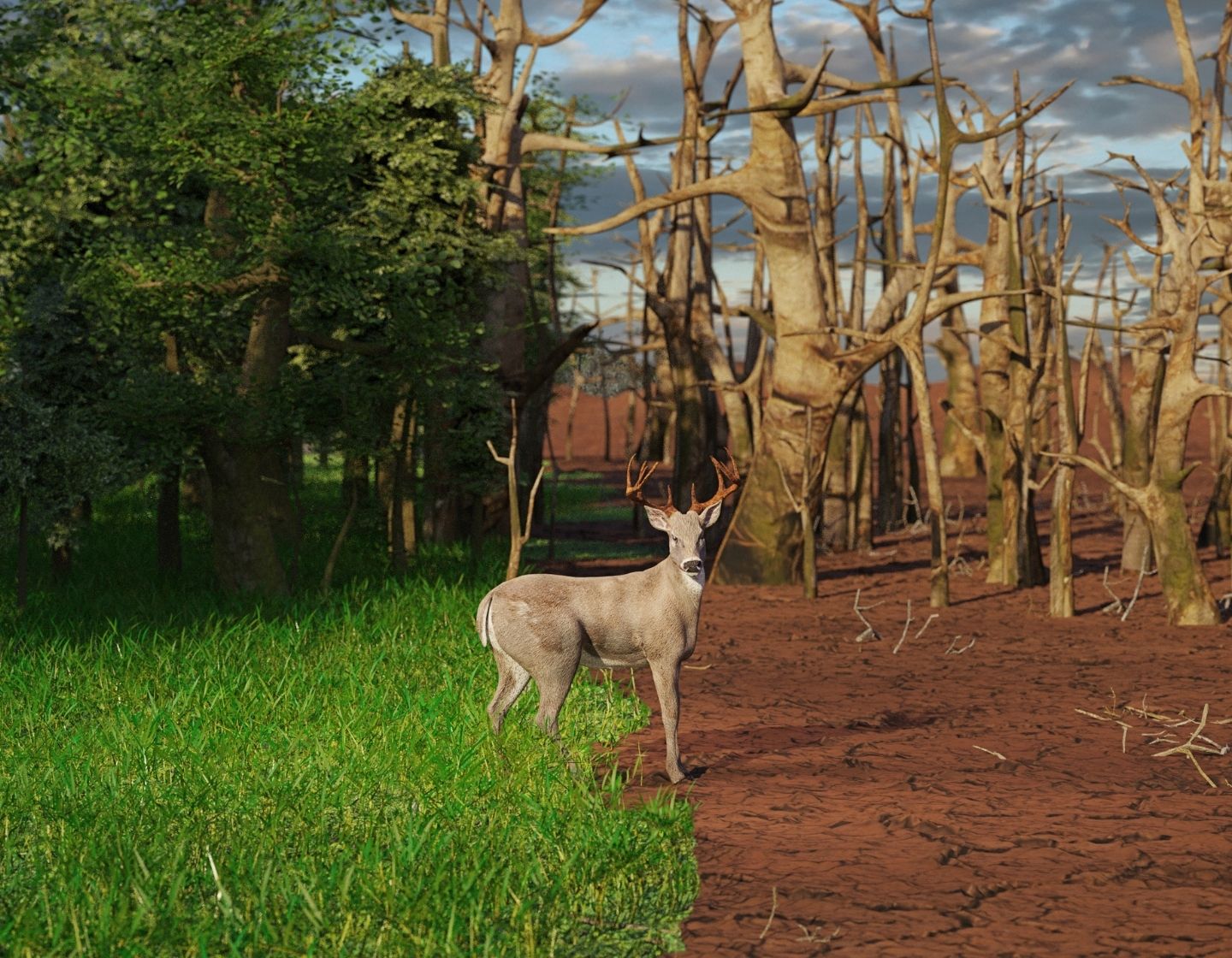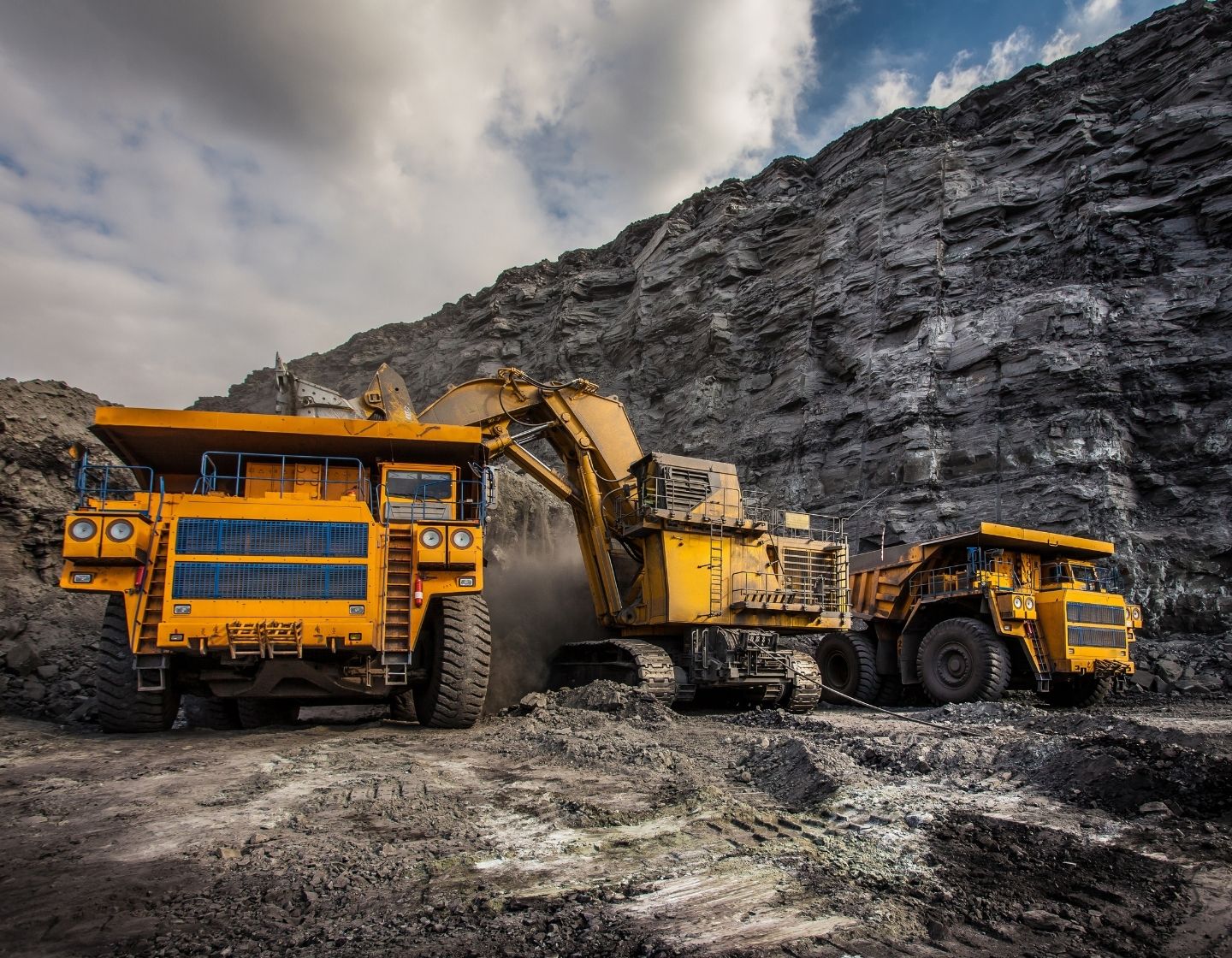The good, the bad and the ugly: what happened to the planet in 2021?
Happy New Year! Like most people, we like to take time to reflect on the past year and it’s been a crazy year for the planet. From extreme weather to global summits to arrests on the motorway, 2021 has been one to remember. Let’s take a look back at some of the huge events that took place in the sustainable world.
For more, you can look back through our sustainable news stories for a summary of each month’s sustainable highlights.
COP26 united the world to tackle climate change
November 2021 will go down in the history books for the COP26 summit. Hosted in Glasgow, it bought parties from around the globe together to discuss how we can meet the Paris Agreement goals and the UN Framework Convention on Climate Change.
The 2015 Paris Agreement agreed that countries would keep global warming “well below” 2℃, aiming for 1.5℃. The same goal remains true today, and the discussions at COP26 mainly revolved around how we can cut emissions by 2030.
What was agreed at COP26?
- There will be another summit held in Egypt in 2022 to discuss further cuts to carbon dioxide emissions.
- Countries agreed to a “phase down” rather than a “phase out” of coal.
- Increased money to poor countries to help manage the effects of climate change and switch to clean energy. There was heavy criticism that this pledge was not enough.
- The US and China (the worlds biggest Co2 emitters) pledged to cooperate more to reduce methane emissions and switch to clean energy.
- More than 100 countries with about 85% of the worlds forest’s, promised to stop deforestation by 2030.
- 100 countries agreed to cut 30% of methane emissions by 2030. however, the biggest emitters such as China, Russian and India did not pledge.
Check out my top 5 changes following COP26.

The planet suffered from extreme weather
From flooding to heatwaves to snow – 2021 was bitter evidence that climate change is happening now! The Earth’s warming is having a disastrous effect across the globe. Heatwaves will make already tropical parts of the world unbearable – it could even make some areas of the Middle East too hot for humans. Humidity prevents sweat from evaporating, making it difficult for people to cool down.
If we can’t keep the earth’s warming below 2℃, coral reefs will further dissolve, essentially ending warm-water corals. Plus, one in five plants and one in ten vertebrate animals will lose half of their habitat. wetlands, alpine areas and the Arctic are also decreasing due to the level of heating.
Read more about the biodiversity crisis.

A hotter climate is causing the atmosphere to hold more water, which is then released in extreme events such as flooding that occurred in Germany and China. If the planet reaches a 3℃ increase, sea level rise from melting glaciers and ocean heat will bring water to coastal cities. According to the BBC, Miami, Shanghai and Bangladesh are in danger of becoming marine environments.
In 2021, California, Turkey and the Amazon suffered from wildfires. These are caused when the earth’s hotter atmosphere soaks up water, drying out trees. This extreme weather has led to deforestation and crop failure. In August, the UN revealed that Madagascar was on the brink of the world’s first “climate change famine” with thousands of people at risk following four years with little rain. If the planet increases by 2℃, a third of food production will be at risk.
New climate activism arrives on motorways: Insulate Britain
Although their tactics have been heavily criticised, Insulate Britain certainly made the headlines. The climate activists have blocked major motorways to raise awareness and put pressure on the UK government. Nine of the activists were jailed in 2021 for breaching a protest ban.
Roughly 14% of the UK’s carbon emissions come from heating homes and Insulate Britain want all homes in the UK insulated by 2030. Not only will this cut emissions, but it will also tackle fuel poverty and create more jobs.

Opposition for the Cumbria coal mine
At first, Cumbria County Council supported the coal mine with the expectation of more jobs created and the belief that the coal would be used for the steel industry. However, they received fierce opposition from locals and nationwide climate activists, causing Cumbria to review its decision in February.
Boris Johnson condemned the coal mine at COP26 saying he was “not in favour of more coal”. If it does go ahead, it will be the first coal mine to open in the UK for 30 years – something not in line with the COP26 discussions, undermining plans to phase out fossil fuels.
Although it would support steelmaking in the UK and British coal would save emissions from shipping it from Australia or North America, the Climate Change Committee (CCC) says that steel firms must stop burning coal by 2035 unless they fit expensive technology to capture emissions and bury them underground. The CCC also notes that 85% of the coal will be exported anyway.

Meat consumption has decreased
Happy Veganuary! A new report has revealed that meat consumption in the UK has fallen by 17% and 40% of people are actively trying to reduce the amount of meat they eat. Last January, a record-breaking 500,000 people signed up for Veganuary (double the amount in 2019) – I wonder if we can beat that this year.
Explore how you can shop well for the planet in 2022.

Start 2022 the right way – sustainably
We have a positive feeling about 2022. Kickstart your sustainable journey by joining our home club this January – helping you save money and the planet! Featuring our favourite sustainable products tried and tested by our SaveMoneyCutCarbon family, unbeatable pricing, planet points and regular reliable deliveries, we can help you keep your New Years resolution.

